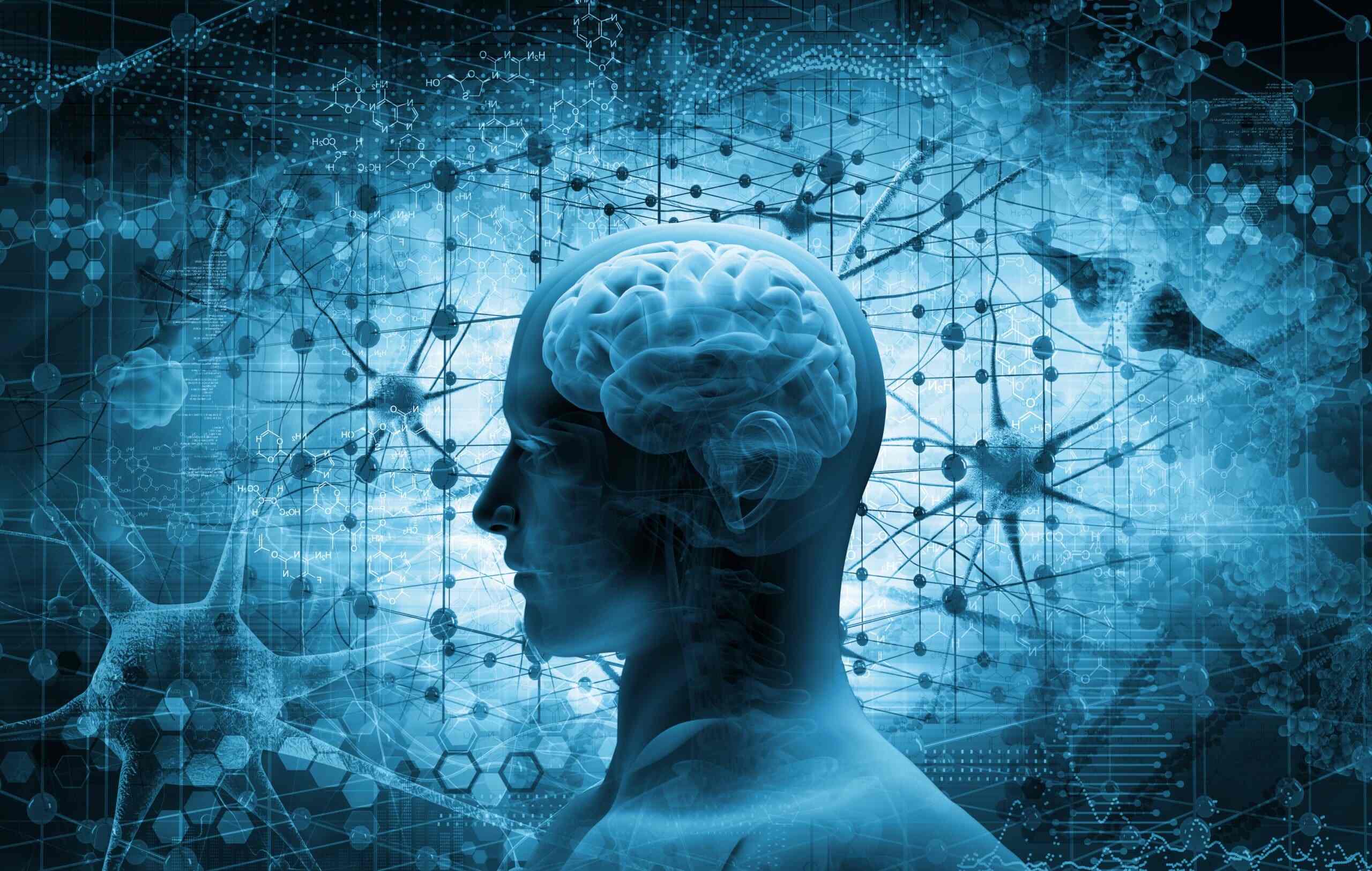
Intelligence is a fascinating topic that has intrigued scientists, educators, and curious minds for centuries. But what exactly is intelligence? Intelligence is the ability to learn, understand, and apply knowledge to adapt to new situations and solve problems. It’s not just about book smarts; it includes creativity, emotional understanding, and practical skills. Did you know that there are multiple types of intelligence, such as logical-mathematical, linguistic, and interpersonal? Some people excel in one area while others shine in different ways. Intelligence can be influenced by genetics, environment, and even lifestyle choices. Ready to dive into 26 intriguing facts about intelligence that will make you rethink what it means to be smart? Let’s get started!
What is Intelligence?
Intelligence is a complex and multifaceted concept. It involves the ability to learn, understand, and apply knowledge. Here are some fascinating facts about intelligence that might surprise you.
-
IQ Tests: Intelligence Quotient (IQ) tests measure a person's cognitive abilities in relation to their age group. They don't capture all aspects of intelligence.
-
Multiple Intelligences: Howard Gardner proposed that there are multiple types of intelligence, including linguistic, logical-mathematical, musical, and spatial.
-
Emotional Intelligence: This type of intelligence involves the ability to recognize, understand, and manage our own emotions and the emotions of others.
-
Fluid vs. Crystallized Intelligence: Fluid intelligence is the ability to solve new problems, use logic, and identify patterns. Crystallized intelligence involves knowledge that comes from prior learning and past experiences.
How Intelligence Develops
Intelligence isn't static. It can develop and change over time due to various factors, including environment, education, and experiences.
-
Nature vs. Nurture: Both genetics and environment play crucial roles in the development of intelligence.
-
Brain Plasticity: The brain's ability to change and adapt as a result of experience is known as plasticity. This adaptability can influence intelligence.
-
Early Childhood: The first few years of life are critical for brain development. Early experiences can significantly impact cognitive abilities.
-
Education: Access to quality education can enhance cognitive skills and overall intelligence.
Intelligence in Animals
Humans aren't the only intelligent beings. Many animals exhibit remarkable cognitive abilities.
-
Dolphins: Known for their problem-solving skills and complex social structures, dolphins are considered highly intelligent.
-
Elephants: These gentle giants have excellent memories and can recognize themselves in mirrors, a sign of self-awareness.
-
Crows: Crows can use tools, solve puzzles, and even recognize human faces.
-
Octopuses: These sea creatures are known for their problem-solving abilities and escape artistry.
Intelligence and Technology
Technology has revolutionized our understanding and measurement of intelligence.
-
Artificial Intelligence: AI involves machines that can perform tasks that typically require human intelligence, such as learning, reasoning, and problem-solving.
-
Brain-Computer Interfaces: These devices enable direct communication between the brain and external devices, potentially enhancing cognitive abilities.
-
Neuroimaging: Techniques like fMRI and PET scans allow scientists to study brain activity and understand the neural basis of intelligence.
Intelligence and Health
There is a strong connection between intelligence and overall health.
-
Mental Health: Higher intelligence is often associated with better mental health, though highly intelligent individuals may also be more prone to certain mental health issues.
-
Physical Health: Studies suggest that higher intelligence is linked to better physical health and longer life expectancy.
-
Diet: Nutrition plays a significant role in brain function. Diets rich in omega-3 fatty acids, antioxidants, and vitamins can support cognitive health.
Intelligence in Different Cultures
Intelligence is perceived and valued differently across cultures.
-
Western Cultures: Often emphasize logical reasoning, analytical skills, and academic achievement.
-
Eastern Cultures: May place more value on social harmony, practical problem-solving, and wisdom.
-
Indigenous Cultures: Often have unique ways of understanding and measuring intelligence, which may include knowledge of the natural world and survival skills.
Myths About Intelligence
There are many misconceptions about intelligence that need debunking.
-
Fixed Intelligence: The idea that intelligence is fixed and unchangeable is a myth. It can develop over time.
-
Only Academic Success: Intelligence isn't just about doing well in school. It encompasses a wide range of abilities and talents.
-
IQ Equals Success: High IQ doesn't guarantee success in life. Emotional intelligence, creativity, and social skills are also crucial.
Fun Facts About Intelligence
Here are some light-hearted and intriguing tidbits about intelligence.
-
Chess Masters: Playing chess can improve cognitive abilities, including problem-solving and strategic thinking.
-
Bilingualism: Speaking more than one language can enhance cognitive flexibility and delay the onset of dementia.
The Final Word on Intelligence
Intelligence is a fascinating and complex topic. From the way our brains process information to the different types of intelligence, there's so much to learn. Understanding intelligence helps us appreciate human potential and the diversity of skills people bring to the table. Whether it's emotional intelligence, logical reasoning, or creative thinking, each type plays a crucial role in our lives.
By exploring these 26 facts, you've gained a deeper insight into what makes us smart in various ways. Keep in mind, intelligence isn't just about IQ scores or academic achievements. It's about how we adapt, solve problems, and connect with others. Embrace your unique strengths and continue to nurture your mind. After all, intelligence is a lifelong journey, not a destination.
Was this page helpful?
Our commitment to delivering trustworthy and engaging content is at the heart of what we do. Each fact on our site is contributed by real users like you, bringing a wealth of diverse insights and information. To ensure the highest standards of accuracy and reliability, our dedicated editors meticulously review each submission. This process guarantees that the facts we share are not only fascinating but also credible. Trust in our commitment to quality and authenticity as you explore and learn with us.


